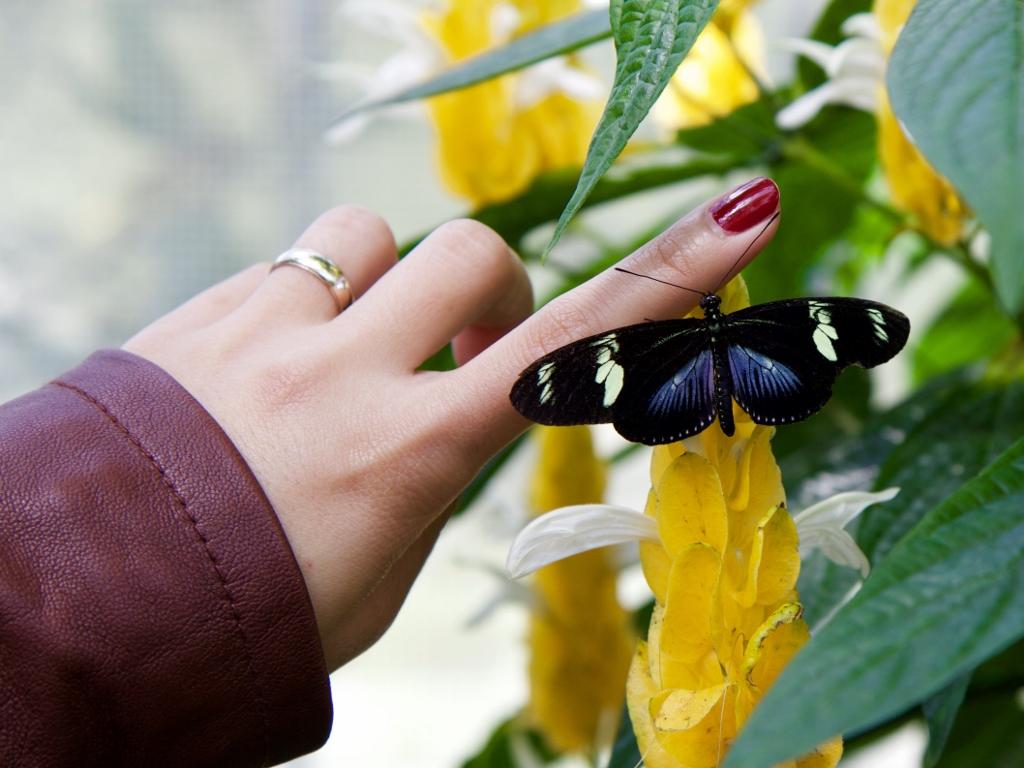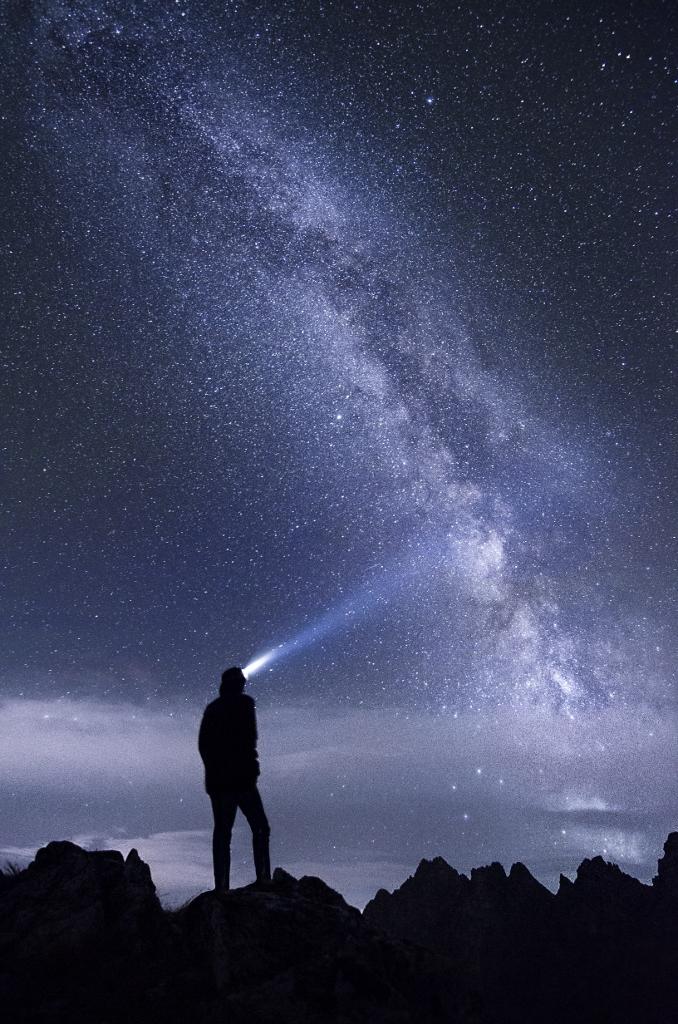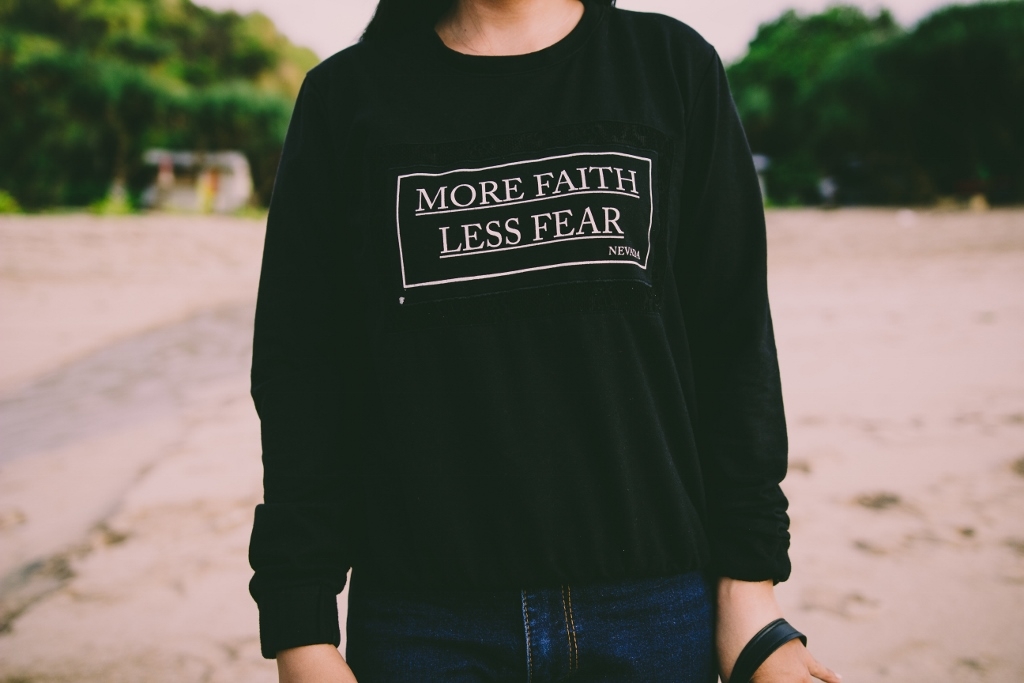
The Other Side of Reason – Kiss of Dawn
Involved in a bus accident that took the lives of six people, David Gibson has been battling through PTSD for over three years. In an effort to better understand himself and to communicate with others, he turned to writing. His first book was The Other Side of Reason: A Journal on PTSD, available now via petrabooks.ca. This column continues that text.
[Kiss of dawn]
The sun rises on my sleeping meadows.
Making the flowers bloom with the kiss of dawn.
Butterflies follow my wandering soul.
With my eyes watching the sky unfold.
In the soft kisses of the sun.
Anxiety is one of the most common mental health disorders worldwide. Because of this you probably know at least one person who struggles with their anxiety, but have you considered how debilitating is actually is for them? There are many types of anxiety conditions from social anxiety to post-traumatic stress disorder. Around 12 to 18 percent of people are affected by an anxiety condition at any given time.
One particular area of the trauma experience that is not often spoken about is our assumptions around the notion of control in our lives and keeping safe the ones we love the most. I would also argue that this is an area which causes many of us the most anxiety within our everyday lives.
It is a pivotal and an excruciating moment when we realize that we cannot protect our family from any tragedy that may impact on our lives. This is even more acute if it is ourselves.
Today more than ever, it feels sometimes like we have been bombarded with events that remind us of this heart-clenching fact. One of the hardest things I have ever had to experience is letting go of the myth that I could protect my family and knowing there was something even harder yet to come.
For my family and me, the dissolution of this myth began on September 18, 2013. I had two sons in high school with two others living on their own and my wife at work. The tragic bus and train collision that morning in Barrhaven, sent me reeling as I could not find a single reason why I could have ever been in harm’s way as a passenger on that bus, nor the contemplation that my family would have to live with that horrible moment when they realized I was on that ill-fated bus.
Like any person involved in such a horrific event, for months I was haunted and felt raw on a visceral level. I think that feeling of near death exposure came from letting go of the illusion that, even though my family was innocent, even though they were encased in a world designed to ensure their safety, such safety could never be assured. Knowing something and experiencing the realization, for me, were two very different things.
I believe my children and wife still either believed that such horrific events would not come into our lives or, that if they did, that as a father and husband, I could always offer them protection from such pain and tragedy.
But then I heard it. In between phrases we have all said to each other, “I can’t believe this. It is just so horrible,” was the painful recognition that I was on the bus and that we might never be the same as a family again. The hardest day was not when I realized that I could not protect my family, it was when they did.
Until next time.













